Although studies have uncovered ethnic disparities in COVID-19 mortality, two Middle Tennessee State University professors in the College of Behavioral and Health Sciences teamed up to address the after-effects the pandemic has had on mental health in communities of color.

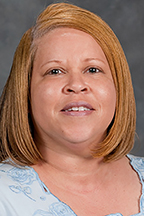
Professor Chandra Story, interim chair in the Department of Health and Human Performance, and assistant professor Carmelita L. Dotson, Bachelor of Social Work coordinator, co-authored a grant with assistant professor Donna Dopwell, director of Social Work at Tennessee State University, to build capacity for mental health among communities of color in the wake of the COVID-19 pandemic.
Grant funding came through the Office of Minority Health at the Tennessee Department of Health.
“The culmination of this one-year grant is town hall meetings in Murfreesboro and Davidson County,” said Story, a member of the Tennessee Health Disparities Task Force.
The meeting in Murfreesboro will take place from 6:30-8:30 p.m. Tuesday, Nov. 14, at The Fountains in Suite 4D, 1500 Medical Center Parkway. Davidson County’s meeting will be held from 6:30-8:30 p.m. Wednesday, Nov. 15, at CrossBRIDGE, 35 Lindsley Ave. in Nashville. Meetings are free and open to the public. Light refreshments will be served.
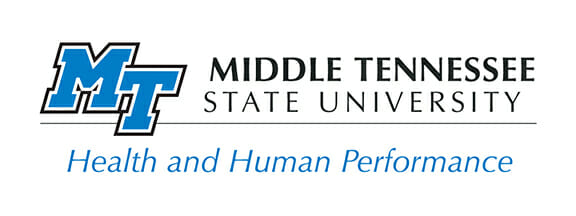
“We’ll share the data we collected and look at how communities of color fared during the pandemic,” Dotson said.
Black families had higher levels of comorbidity, mortality and complications in relation to COVID-19, Story said. This was due to a myriad of factors, which could include early misdiagnosis of COVID-19, chronic disease, and living conditions. Her own network of family and friends were affected, she said.
“Rutherford County and Davidson County were two of the hardest-hit counties other than Shelby County,” Doston said. “And Murfreesboro is one of the fastest-growing cities in the state. So we’re looking at how to bridge the gap between the counties and share resources with each other and how we can share initiatives.”
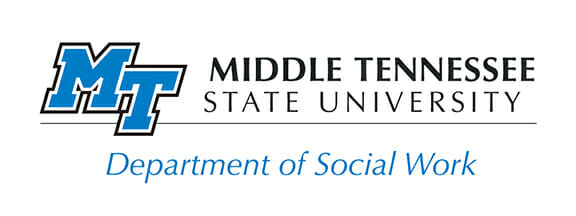
In addition to presentation of data, the meetings will provide opportunities for small-group engagement to discuss the results.
“It’s important we discuss the data and look at how we can improve mental health in our communities of color in Rutherford and Davidson counties,” said Story, who served as co-chair of the American Association of Public Health Women’s Caucus policy subcommittee.
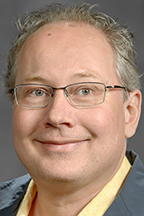
Olaf Berwald, chair of MTSU’s Department of World Language, Literatures and Cultures, will lead an interactive segment engaging the audience in brief conversation about how creative writing can support mental health.
“We will invite town hall participants to explore how poetry empowers us and helps us to survive traumatic experiences,” Berwald explained.
Recovering from the pandemic will take a village.
“I think one of the missing pieces is the physical engagement — being able to talk with each other and talk about strategies for sustainability and how we can move forward,” Dotson said. “This is really a community effort. We’re just shepherding it.”
For more information, email beesteering@gmail.com or call 615-801-8021.
— Nancy DeGennaro (Nancy.DeGennaro@mtsu.edu)

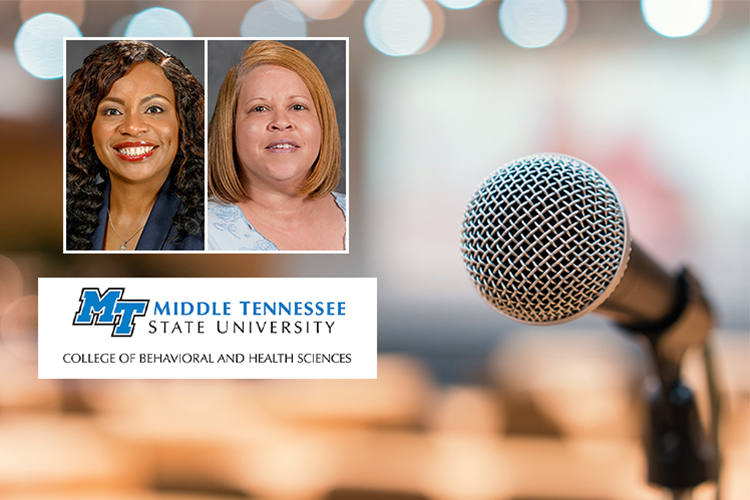
COMMENTS ARE OFF THIS POST